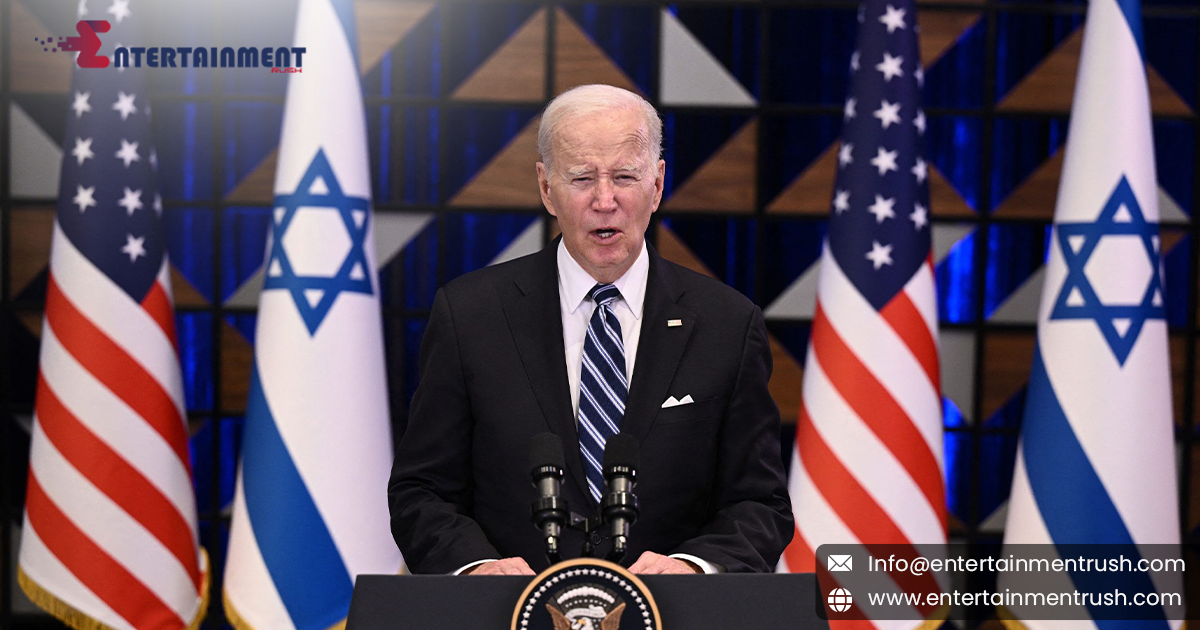In a notable development in U.S. foreign policy and labor activism, several prominent unions have called on the Biden administration to suspend military aid to Israel. This call represents a significant moment in the intersection of labor rights and international diplomacy, reflecting deepening concerns over the implications of U.S. support for Israel in the context of the Israeli-Palestinian conflict. The unions’ request underscores a growing movement within the labor movement to influence foreign policy decisions, driven by both humanitarian concerns and a desire to align U.S. policies with broader principles of justice and equity.
Heightened Scrutiny of U.S. Military Aid to Israel
The unions’ demand comes at a time of heightened scrutiny of U.S. military aid to Israel, which has been a longstanding and contentious issue. The Biden administration, like its predecessors, has maintained a substantial flow of military assistance to Israel, which is justified by the U.S. as a strategic alliance and a key component of maintaining stability in the Middle East. However, critics argue that this aid has facilitated and sustained ongoing conflicts and human rights violations, particularly in the context of Israeli military actions in Palestinian territories. The unions, by calling for a suspension of this aid, are challenging the conventional narrative that supports the continuation of military assistance based on strategic and political considerations alone.
Humanitarian Concerns and the Impact of Military Aid
The call from the unions is grounded in a broader critique of the impact of military aid on the humanitarian situation in the region. Over recent years, numerous reports and investigations have highlighted the severe humanitarian consequences of the Israeli-Palestinian conflict, including civilian casualties and significant disruptions to daily life for Palestinians. By suspending military aid, the unions argue that the U.S. could exert pressure on Israel to address these humanitarian concerns and seek a more constructive path towards peace. This perspective aligns with a growing international sentiment that supports leveraging political and economic influence to promote human rights and conflict resolution.
Labor Organizations and Global Justice Issues
Moreover, the unions’ position reflects a broader trend of labor organizations engaging in global justice issues and advocating for changes in U.S. foreign policy. Historically, unions have played a significant role in social and political movements, from civil rights to labor rights, and this latest stance demonstrates their willingness to tackle international issues as well. The call to suspend military aid is not only a statement on the specific issue of Israel but also a broader reflection of the unions’ commitment to principles of human rights and justice on a global scale.
The Biden Administration’s Complex Decision
The Biden administration faces a complex decision in response to this call. On one hand, suspending military aid could strain the U.S.-Israel relationship, which has been a cornerstone of American foreign policy in the Middle East. Such a move could have far-reaching implications for regional stability, U.S. strategic interests, and diplomatic relations with other allies in the region. On the other hand, addressing the unions’ concerns could align U.S. policy with a more humanitarian approach and potentially shift the dynamics of the Israeli-Palestinian conflict. The administration must weigh these competing factors carefully, considering both the immediate and long-term consequences of its decision.
Public and Political Reactions
In response to the unions’ call, there has been a range of reactions from policymakers, advocates, and the public. Some view the call as a necessary step towards reevaluating U.S. foreign policy and its impact on global conflicts, while others see it as a risky move that could jeopardize established alliances and strategic interests. The debate highlights the broader discourse on the role of military aid in international relations and the ethical considerations that come with it.
Implications for U.S. Foreign Policy and Global Justice
Ultimately, the unions’ call for the suspension of military aid to Israel is a significant moment in the ongoing discussion about U.S. foreign policy and its implications for global justice. It reflects a growing demand for greater accountability and a reassessment of how international aid is utilized in conflict zones. As the Biden administration considers its response, the unions’ position serves as a powerful reminder of the interconnectedness of domestic labor issues and global human rights concerns, and the potential for labor movements to influence the direction of U.S. foreign policy.




Leave feedback about this